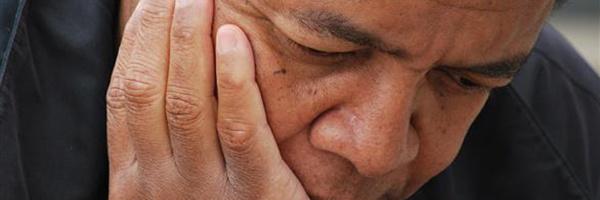
There are a combination of treatments for dysthymia, which include psychotherapy, medications, or a combination of therapy and medication.
Psychotherapy is available and delivered to individuals, groups, or families by mental health professionals. Mental health professionals include psychotherapists, psychiatrists, psychologists, clinical social workers, counselors, and trained psychiatric nurses.
Chronic forms of depression require a combination of medication and psychotherapy. Cognitive behavioral therapy (CBT) is the most common form of psychotherapy for depression and is a thoroughly researched and studied topic among professionals.
Research evidence shows that CBT is effective for children and adolescents. Psychotherapy, in general, is effective for older people and appears to reduce the recurrence of depression.
An SSRI, or selective serotonin reuptake inhibitor, is typically the first line of treatment. SSRIs include a class of compounds typically administered and used as depressants when treating depression, anxiety disorders, and personality disorders.
It is a type of pharmacotherapy that offers more tolerable characteristics and reduced side effects versus other antidepressants. The most commonly prescribed SSRIs for dysthymia are fluoxetine, paroxetine, sertraline, and fluvoxamine.
The medications typically take six to eight weeks before the patient feels any therapeutic effect.
A combination of antidepressant medication and psychotherapy is an effective line of treatment for dysthymia. Working with a psychotherapist and taking antidepressants help to eliminate symptoms and is often beneficial.
Recent studies suggest that people with dysthymia have responded well to a combination of cognitive behavioral therapy (CBT) and pharmacotherapy, versus medication alone.
Very helpful advice in this particular article. cialis south africa Wayne 16 August , 9 h 03 min This is really interesting, You are a very skilled blogger.